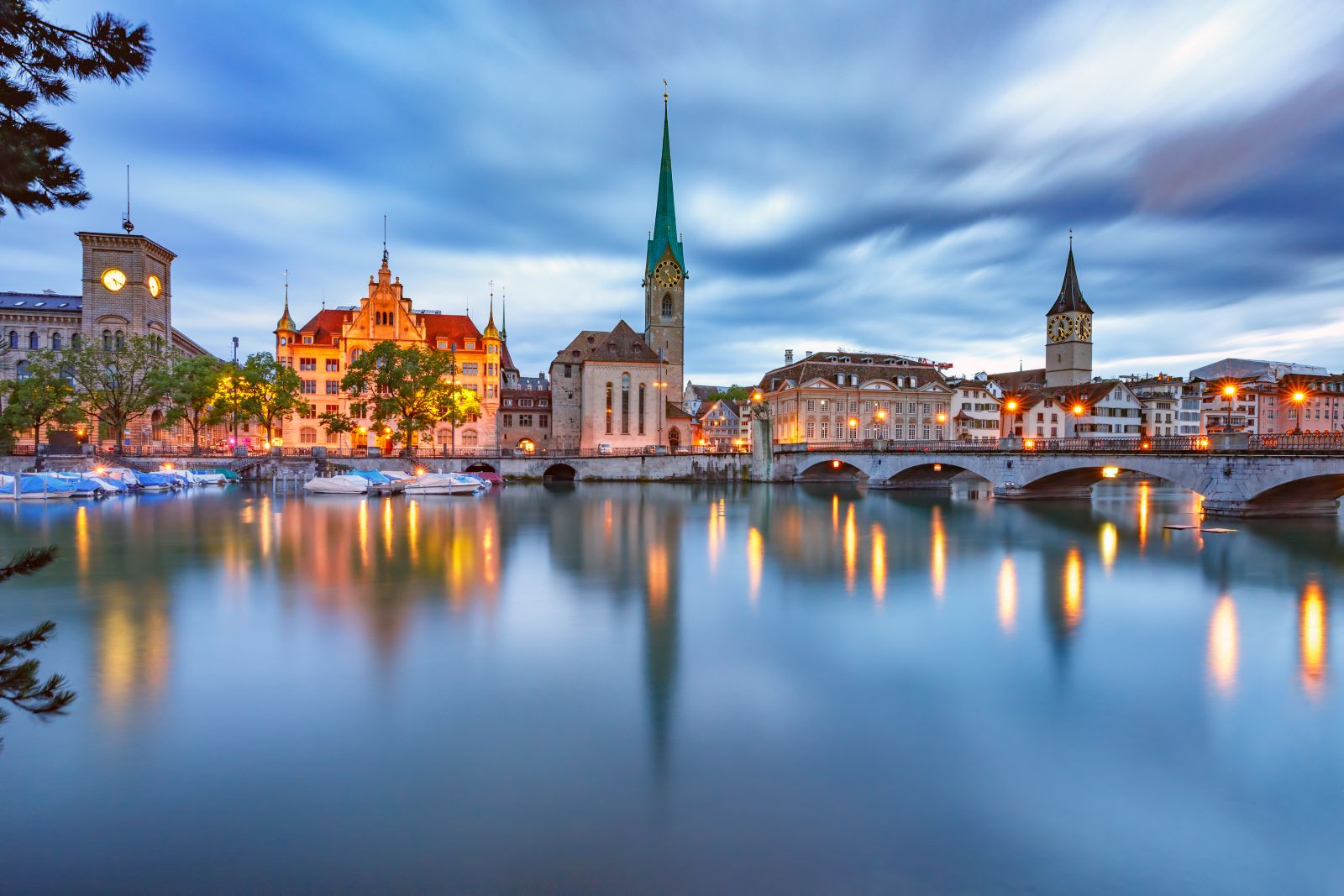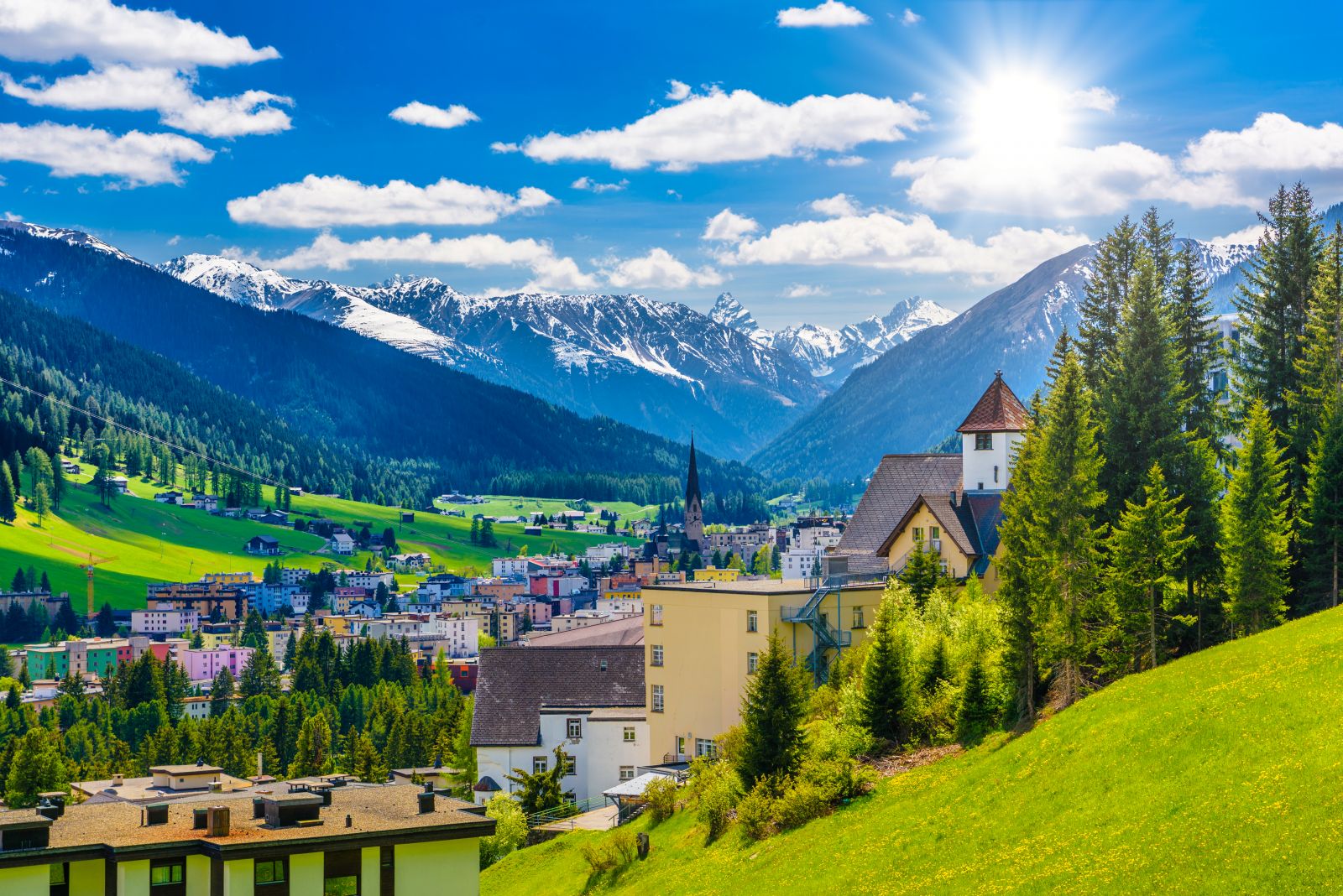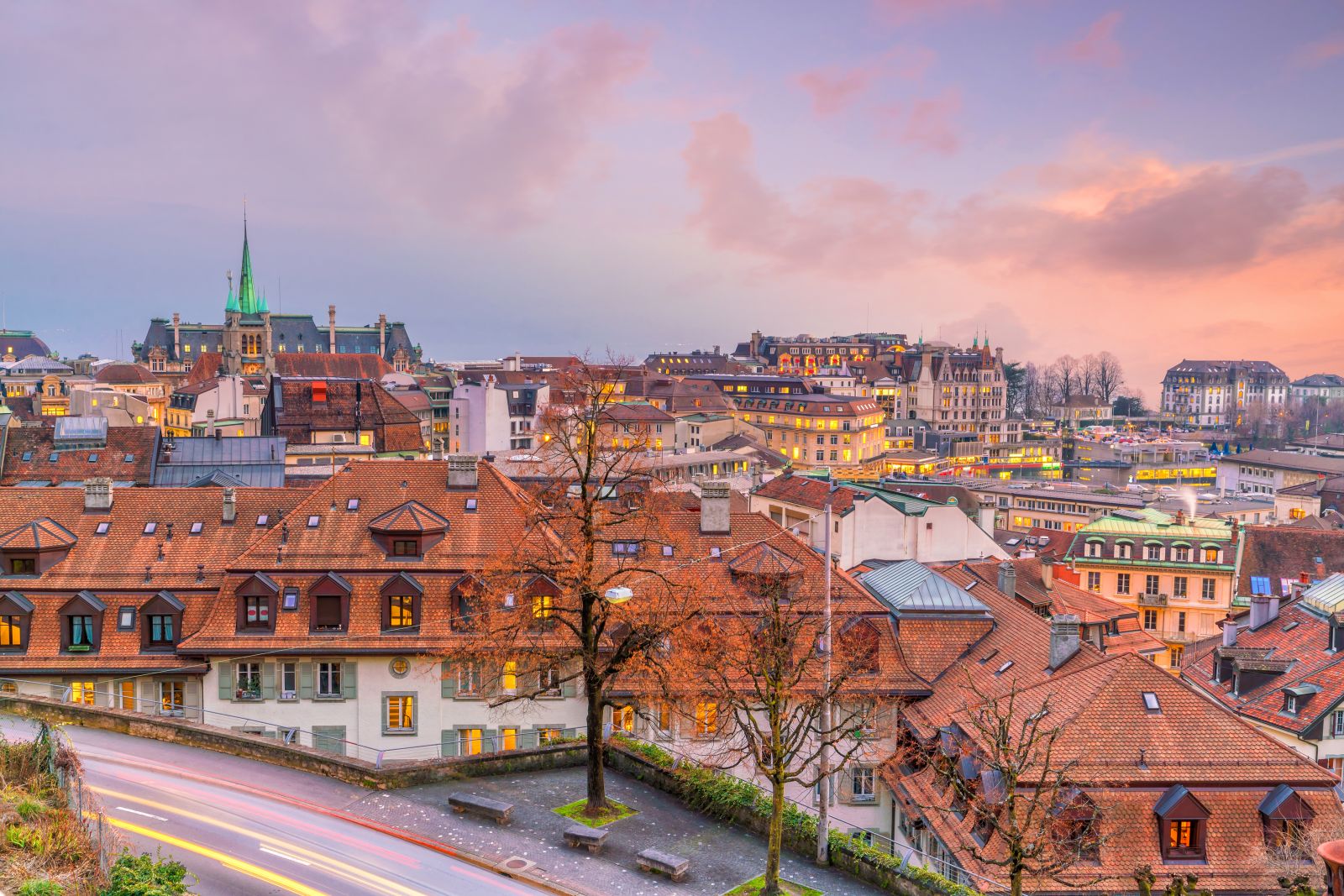The Dawn of a New Sustainable Era in Switzerland!

Swisstainable is the new national strategy in the area of sustainable tourism launched by Switzerland Tourism in 2021, linking the future of the Alpine country to sustainable travel and meetings involving visitors and host professionals to contribute to positive, long-term change. We went to find out how some of the cities are applying these measures in their frameworks.
As we have written before in this magazine, sustainability (with a strong push from pandemic) has gone from a colourful side issue in tourism management to the mainstream of the global destination marketing. Several DMOs and convention centres realised early on the paradigm shift the industry had been advocating with the UN Sustainable Development Goals in mind. Consequently, numerous event providers will have to adapt to the new rules of sustainable development in order to be able to certify the different offers available on the market... and this is precisely the opportunity that Switzerland wants to seize with its new project. Swisstainable, the sustainability programme developed by Switzerland Tourism, was envisioned not just as another destination certification course, but as a comprehensive and transformative process with the ambition to guide suppliers and clients towards green footpaths in the tourism and events industry.
This sustainability strategy, ratified by the Swiss Federal Council’s commitment to a climate-neutral Switzerland by 2050, aligns the supply chain with the needs of today’s travellers with the bold objective of making the country the world’s most sustainable travel destination. “Swisstainable is all about having one’s finger on the pulse – meet and exchange in a natural setting, enjoy nature up close and at first hand, experience the local culture in an authentic way,” explains Barbra Albrecht, Head of the Switzerland Convention and Incentive Bureau. Last year, Headquarters was able to verify the scope of this positioning during the scouting trip, Switzerland Meeting Trophy, where these principles were reflected in the consumption patterns of venues and hotels, in the responsible expansion of its public transport network and, overall, in the high environmental awareness of the country that sees its immaculate territory as an asset for value creation. “This programme was not conceived as yet another certification process, but with the intention of providing guidance for event planners, while creating a movement that the entire industry can get involved in,” Albrecht adds.
“Reduce what you can,offset what you can't”
“The Swisstainable Initiative has certainly played into our hands – now companies know where they stand and can specifically name their sustainability efforts. This suit us very well because sustainable follow-up programmes are essential for Zurich,” says Sarah Hödl, Manager at Zurich Convention Bureau (ZCB). Climate-neutral excursions, sustainability-certified hotels, short distance walks and an efficient public transport network are part of the current extras that Zurich offers for sustainable events. The ZCB acts as a centre of competence in this respect and are the first point of contact to encourage partner companies to position the city as a sustainable, premium destination for business events. “The ‘green leaf certification’ is used for the transparent labelling of sustainable offers, activities, hotels, venues and all tourism providers, and its award criteria are independent sustainable certification, social commitment, accessibility and support for local crafts,” explains Hödl.

Zurich, Switzerland
A climate Fund for Social Impact!
Further east, we find an Alpine resort town which is another reference for professional events. Home to the annual meetings of the World Economic Forum, Davos boasts a modern urban infrastructure and congress facilities working on a sustainable pathway that incorporates all economic sectors contributing to the city development. With the “Davos 2030” project they have set the gears for the future, with the aim of becoming the first climate-neutral destination in Switzerland. This sustainability project was launched in August 2021, bringing together Davos’ own operations with tourism service providers and commercial enterprises. At the Davos Congress Centre, for example, sustainability measures have been introduced with a focus on local suppliers and seasonal products, environmentally friendly waste disposal and recycling, outdoor air for space cooling and solar panels on the Congress Centre’s roof.
“Climate concerns are increasingly important for conference organisers, which is why, after our myclimate certification, we provide a CO2 calculator to offset the carbon footprint of a planned event,” says Reto Branschi, CEO of Destination Davos Klosters. This climate fund sets the tone for the Davos 2030 and is based on the principles of the “Cause We Care” programme of the myclimate foundation. It works like this: if a guest or customer decides to stay or shop climate neutrally, he or she voluntarily pays an additional contribution. The company then pays the same amount into the fund.

Davos, Switzerland
The next climate fund milestone was reached at Davos City Council with up to CHF 250,000 per year in support. Half of this fund goes to climate protection projects in Graubünden − a forest reforestation project in the Prättigau/Davos region − as well as to a biogas plant project for Nepalese families, which reduces around 165,000 tonnes of CO2 annually. Another 35%of the customer contributions are earmarked for measures to make the participating businesses more sustainable, and the rest will go to projects that reduce CO2 emissions in Davos. In 2001, the city became the first municipality in the Canton of Grisons to be awarded Energy City status by the Swiss Federal Office of Energy and the ‘Label Energiestadt’ organisation. “Swisstainable has acted as a driving force behind the sustainable trend and given further impetus to our Davos 2030 project, which is crucial to our plans as an Alpine conference destination,” explains Branschi. Lastly, Davos has been guided on all these issues by the non-profit organisation TourCert in certifying sustainable business practices to promote ecological, social and economic corporate responsibility in tourism. With this credential – which is expected to be obtained before the end of the year – the city will be awarded Swisstainable level 3, the highest sustainable score granted by Switzerland Tourism.
Événements durables dans le canton de Vaud!
In the west, close to the French border, the cities of Lausanne and Montreux are also joining efforts to ensure more sustainable events. Led by organisations such as the Federal Institute of Technology of Lausanne, the University of Lausanne, the Hotel Institute Montreux or the International Olympic Committee, the region boasts strong key indicators such as eco-certification of 25% of conference centres and 69% of hotel rooms, in addition to a smart transport network connecting around 96% of conference centres. The Lausanne Montreux Congress (LMC) − the joint business travel promotion structure of Lausanne and Montreux-Vevey − recently unveiled “LMCare 2025”, a global strategy aimed at improving the region’s sustainable tourism performance, to add value to local inhabitants, the environment and businesses, and reach the top 10 most sustainable business destinations in the world. A strong emphasis was placed on partner performance, intersecting local activity history with stakeholder consultations, to identify pivotal groups in this interaction such as customers, suppliers and employees. The programme is structured in four main areas: governance and partnership management; transition to a virtuous and regenerative economy; environmental protection and social cohesion; and share communication.

Lausanne, Switzerland
“In less than 2 years, around 1,700 partners have joined Swisstainable of which 170 in the canton of Vaud alone. As business travel represents more than 50% of our visits, Swisstainable and LMCare actions are perfectly synchronised to accompany the transformation of our vision and objectives,” Olivier Mathieu LMC Sustainability Manager tells us.
Moreover, one of the region’s anchor venues, the SwissTech Convention Center, pursues these objectives on three different levels: the environmental one - valuing mobility, energy consumption and waste reduction; social − creating a positive impact on their community and collaborators; and economical − ensuring the procurement of materials and services from local and responsible suppliers. The convention centre has been measuring its CO2 emissions annually since 2020, having signed up to the Net Zero Carbon Events initiative and joined the Swiss Triple Impact programme − another national alliance that allows Swiss companies to measure their contribution to the SDGs and improve their sustainability performance. This new way of travelling in Lausanne-Montreux, aims to put nature up close in all its diversity, highlighting local culture and regional products and taking the traveller deeper into the region.
Other Articles
About Us
Supported by the Union of International Associations (UIA), the International Association of Professional Congress Organisers (IAPCO) and the Interel Group, the global public affairs and association management consultancy, Headquarters Magazines serve the needs of international associations organising worldwide congresses.















